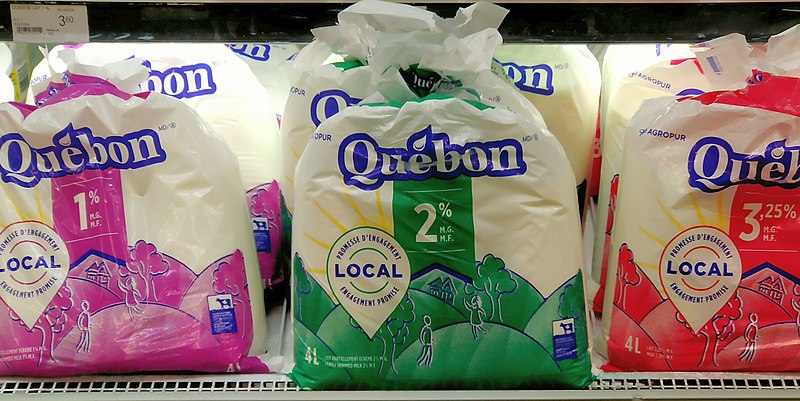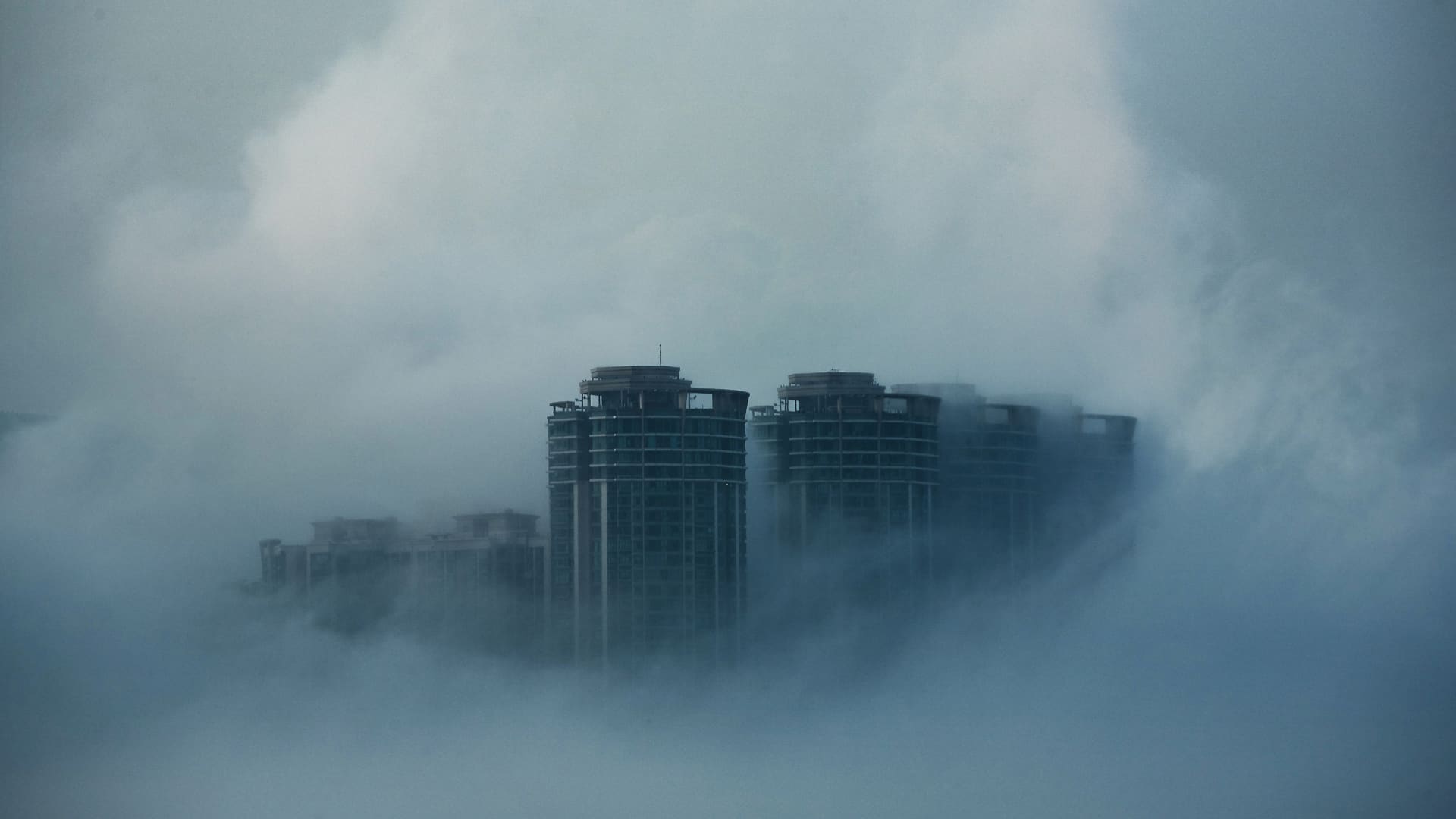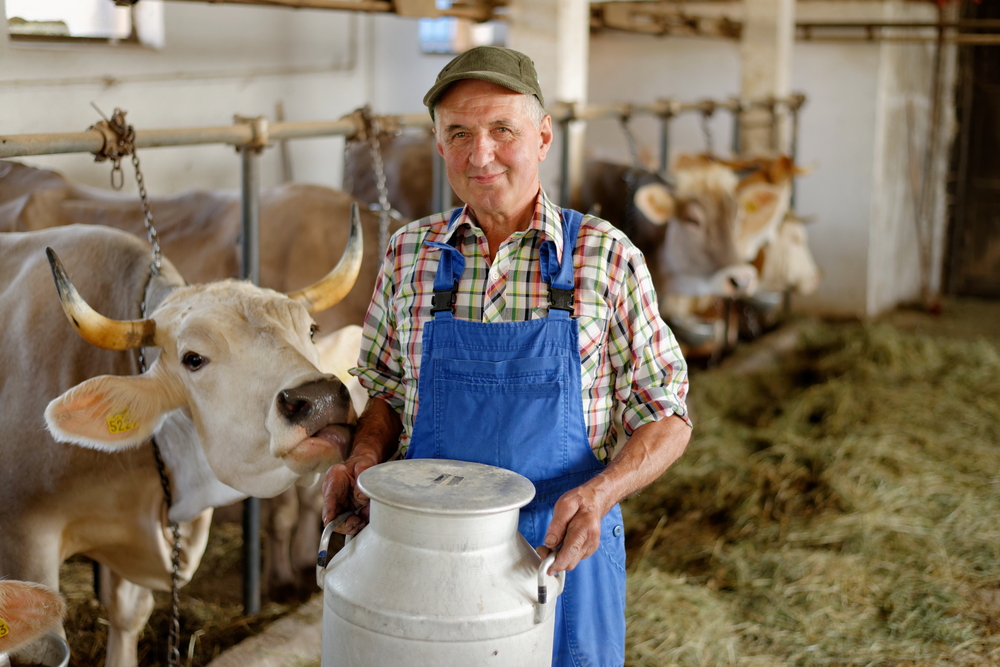Reflections on a United Nations’ Career: An Insider’s Account
By Ian Howie
Springer Nature, 2021
There is no shortage of autobiographical accounts of former officials of the United Nations (UN). Some have been written in adoration, the larger number in circumspection about what it was possible to achieve; and quite a few more, composed in regret (if not in vaguely disguised anger) about the roadblocks to progress, which stimy the best intentions of even the most formidable of UN servants. Ian Howie has a perfect right to add to this collection, for not only did he have an exemplary and productive career, terminating on the higher rungs of the UN; he started from the bottom-up, he mostly served difficult field-stations, and on the way, achieved the (almost impossible) feat of acquiring more friends than enemies in the world body. It also should not be overlooked that his port of choice, the United Nations Population Fund (UNFPA), is far from being either the most glamorous or (in field service) the easiest of organisations by which to deliver UN goals. It is hard to write an ecstatic biography, still less a canonical best-seller, about birth control.
By comparison, there is always a hint of valour about a UN peacekeeper, even if caught up (or seemingly less than effective) in a genocide. Anyone, even the most junior ranking, in UN Political Affairs, or UN Public Information (UNDPI), is in the nature of the job, close to the tempo of realpolitik. Likewise, the UN High Commissioner for Refugees (UNHCR) and the Office of the UN High Commissioner for Human Rights (UNHCHR) have their days in the sunset, helping the most vulnerable. A World Bank official also carries a certain implicit cachet of power. By comparison, UNFPA is something of a veil of tears. It is hard to make the general public appreciate the critical importance of population control, or make the subject appear politically appealing.
Having observed Howie in the field, and (by comparison) restless in his (almost embarrassingly) modestly furnished office overlooking the East River, I was impressed by his capacity for independence. He also demonstrated astute pragmatism when dealing with something which the UN oftentimes spawns, what UN old-timers call the ‘self-inflicted crisis’. Springer are to be congratulated for adding Howie to their valuable collection of Biographies, and Howie is to be lauded for carrying through his promise (or was it a veiled threat) to add transparency to the imbroglio of population security. With this book he delivers generously on his goal by augmenting the under-researched history of UNFPA and of the place of the UN in the torturous debates about poverty alleviation and development aid.
This writer must also declare a slight bias, having served extensively with Australian UN troops and police. I first encountered them in Cambodia in 1992 and 1993, and have since admired the easy-going delivery of my Antipodean cousins. Like Ireland, Australia has no great natural claim on UN largesse. If the UN has a cardinal weakness, it could be that senior posts are decided by geographical nomenclature or the whims of the P5. Thus, one is delighted for an official who rose steadily (not propelled by politics) through the ranks of a body like UNFPA; its very existence a source of unease, if not downright contempt, among a good number of the UN member-states.
As an Australian, this man had no powerful lobby or P5 country ambassador to fight his case, and his managers (as you will see) abused their reliance upon him as a safe pair of hands. As a UNDP Resident Representative, he might well have risen higher, faster. As someone said of the US Ambassador and the UNDP chief in Afghanistan – between them, both had in their control far more than the country’s humble GDP. That honour may now fall to the UN’s World Food Programme (WFP) office in Kabul, after international sanctions against the Taliban. Neither does Howie exaggerate. One can almost visualize him saying ‘fair dinkum’ to any honest proposal that would get the UN’s job done, irrespective of whether it helped his own career or not. There are few officials anywhere with such a sense of public service or moral compass.
Howie offers us a quite personal account of the slow but steady upward trajectory of a young graduate from Australia and how, despite adversity, he did a great deal of good for the UN in the global aid sector. Its great strength is that he does not shy away from expositing the UN’s limitations as the biggest player of the entire international aid sector – and how often politics get in the way of humanitarian delivery. He is candid about the delicate issue of the UN and population security, and about the professional perils of decision-making. Even humanitarian organisations have trade-offs. He writes a better book than Miles Stoby’s Life in the Glass House, which is also among recent out-puts from UN insiders – much more of a HQ perspective than Howie’s interesting tale from the field.
Organisationally, Chapter One covers Howie’s Melbourne schooling and decision to join a development agency, rather than seeking further studies, a choice which so many UN officials have taken. Also like so many others, he started out as a volunteer, and not even with the UN’s volunteer corps, which had yet to be founded, but as a teacher in Fiji. A few years later (in Chapter Two), he tracks his first tentative start in the UN family, working a temporary contract for the International Labour Organisation (ILO) in Bangladesh. He quickly learned the world of the ‘UN organogram’.
Honing unique skills to keep abreast of multiple portfolios, and an ever-changing geo-political context, it must have seemed like plate-juggling. He quickly learned that the “front line of development” was often, in reality, “the backwater of bureaucratic inertia” (p.53). By Chapter Three, he has mastered the improvision necessary for a UN field officer, “learning by doing” (p.25). In Chapter Four, he readily concedes what many might conceal: “I would like to say I made a difference in Sri Lanka. I didn’t. My counterparts did … two ILO experts had preceded me” (p.57). By Chapter Five, the action moves to Kenya, “only for a year”, and as is invariably the case in the UN system, if you have no disasters the contract extends (p.73). In Chapter Six, we find him and his family further west in Ghana where his effectiveness in driving UNFPA’s goals was being noticed even back at HQ. However, it was in Ghana too that he discovered how the inner politics of UN agencies could un-wheel the career fate of even the most well regarded of field officers. Without even being told he was headhunted by the lead UN development agency (UNDP) as a field chief, UNFPA shifted him to China (p.109). He devotes Chapter Seven to UNFPA project operations against the reality of the sex imbalance which prevailed in the China of the 1990s (pp.115-149). By 1993, he had been sent to explore cooperation possibilities North Korea, where UN-state interactions were decidedly frosty. He concludes that an oppressive “cult of personality” under-minded everything UNFPA attempted (pp.169-70).
By Chapter Nine, he makes it to UNHQ for UNFPA and as a reluctant office-worker. By comparison he uncovers “the litany of reasons” New York-based staff have for not leaving Manhattan, in such an intensely field-based organisation (p.177). In a key HR role for seven years, he experiments with job analysis, which may well be the reason he gets re-located, in Chapter Ten, to Vietnam. Not long after, in 2009, comes his retirement back to Melbourne, where with itchy feet he is glad of the respite of a temporary post for UNFPA to Rwanda, which he dissects in Chapter Eleven.
Eventually, his ‘real’ retirement to Australia a year or so later is relieved by part-time university teaching and this autobiography. The writing is a little raw in places, even for a diary, and this may be explained by his reluctance to embellish his story. Overall, he provides a fulsome history of the UN from a field perspective. This book will certainly educate IR students in the sort of career possible for a humanitarian aid official in the UN system.
How does it rate among the best of UN insiders’ tales of recent years? It is a frank and honest account and certainly not a “kiss and tell” revelation, but it cannot hope to compete with the disclosures of say, a UN peacekeeping supremo like Sir Brian Urquhart, whose A Life in Peace and War dissects the very bone and sinew of UN DNA. In style, Howie reads a little more like (former UN Spokesman) Fred Eckhard’s rather pedestrian study of Kofi Annan. Like Eckhard, Howie’s plot is without surprises – the narrative institutionally predictable. It is miles from the high drama of Chasing the Flame by Samantha Power, a study of one of the UN’s most brilliant officials, Sergio de Mello, murdered during the fatal bombing of the UNHQ in Baghdad. It is also a deal less gripping than veteran journalist James Traub’s Best Intentions – far more speculative as to the failings of the UN. Howie’s style is closer to A Billion Lives by Jan Egeland. For the last three and a half years of Kofi Annan’s mandate he led the coordination of Humanitarian Affairs, and yet his memoir is disappointingly dull.
Yet if we read Howie’s account as a window into the real world of international relations, perhaps there are a few paragraphs that show that the term ‘UN page-turner’ is not an oxymoron. Students of IR will find much to prepare them for the competitiveness of UN recruitment. It will show them the highs and lows of UN service, and the reality that serendipity and good luck, and (still better) friends in the right places, often determine our career trajectory.
















